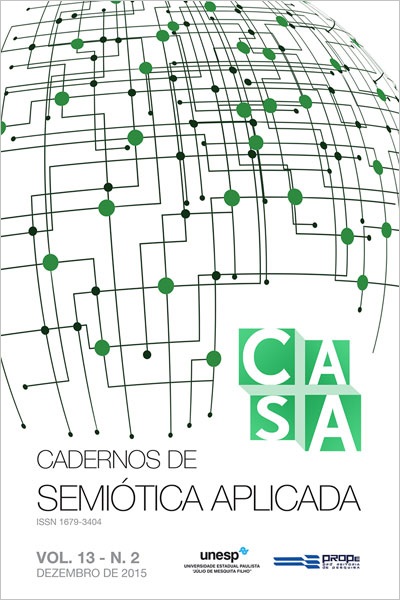CAMEROONIAN BANKS AND “RELATIONAL DISCOURSE” ON FACEBOOK: A SOCIO-SEMIOTICS OF INSTANCES AND PERFORMANCE MODALITIES
DOI:
https://doi.org/10.21709/casa.v13i2.8005Keywords:
Instances, Modalities, Relational discourse, Relational marketing 2.0, Conflict, Performance, Socio-semioticsAbstract
An analysis of the instances and the performance modalities of two Cameroonian banks (SCB Cameroon and Société Générale Cameroon) through their "relational discourse" on Facebook might be meaningful for the banking sector. Under some conditions of interactive exchange, determined by interaction, we proceed by a socio-semiotic approach to question the role of "relational Marketing 2.0" over the bank’s brand performance in context. In addition, we found that besides the low rate of "commitment" observed on facebook pages of Cameroonian banking brands, their relational discourse on Facebook post is constantly in conflict with those of Internet users in the form of verbal disagreement, unnoticed and apparently mismanaged by the communities managers of those pages. This conflict also makes imperceptible the major role that could play a social media like Facebook. On the one hand, alongside other instances in the performance of banks within their objective of customers’ recruitment and retention, and on the other hand the association and the sharing of values and projects of the enterprise by Facebook-targets.Downloads
Published
10/05/2016
Issue
Section
DOSSIÊ “Enunciação e interação nos discursos na internet”
License
The authors of the approved papers agree to grant non-exclusive publication rights to CASA. Thus, authors are free to make their texts available in other media, provided that they mention that the texts were first published in CASA: Cadernos de Semiótica Aplicada. Besides, they authorize the Journal to reproduce their submission in indexers, repositories, and such. Authors are not allowed to publish the translation of the published paper to another language without the written approval of the Executive Editors. The authors are totally responsible for the content of the published work.

